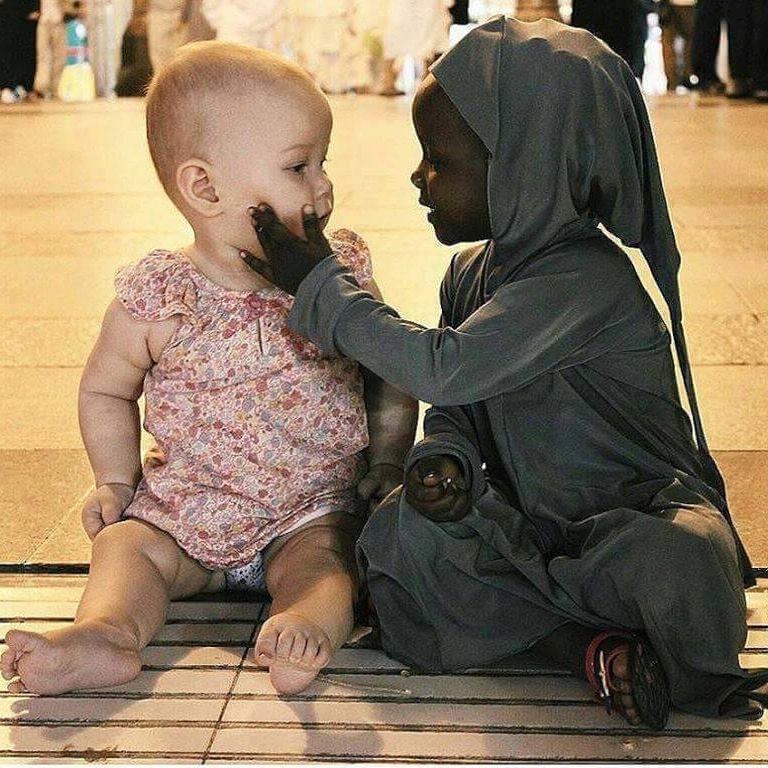
Do not be afraid!
Download PDF – English | Español | Français
Português | Italiano | Catalan
We were at the train station in a Chinese city a long way from Beijing and relatively close to Mongolia. As three Europeans travelling together, we soon became the centre of attention for the people there, and they did not hide their curiosity. A child of about three or four years of age was standing in front of me, staring at me wide-eyed. It was probably the first time he had seen a foreigner with features so different from his own and with a beard! As soon as I smiled and waved at him, he started crying inconsolably, to the amusement those around him.
I have the impression that oftentimes some of us react like this child, fearing those who are different from us, probably because they disrupt our security. Some industries and governments take advantage of this instinctive human reaction and foster what the philosopher Zygmunt Bauman calls liquid fear towards those who do not seem to be like us, especially foreigners who come as immigrants or refugees.
Ironically, it is those people who live in the greatest comfort and with the strongest security and protection measures in human history who are the ones feeling the most threatened, insecure and fearful, more prone to panic and anxiety than any other society past or present.
Fear is an emotion that protects us from danger. However, when it does not stem from genuine risk but from our own imagination or from other people’s opinion, it blocks us and generates even more fear and anxiety. President Franklin D. Roosevelt said on the occasion of his inauguration: Let me assert my firm belief that the only thing we have to fear is fear itself.
But there are not only those people driven by fear. Fortunately many others are not so easily manipulated, and understand that people who are different are simply human beings seeking a better life and capable of enriching the local culture, rather than being an ongoing threat.
The phrase do not be afraid appears in the Bible more than 100 times literally and, according to some authors, more than 300 times if we include similar expressions. It would seem that the Lord, in his profound knowledge of human nature, wants to encourage us not to be imprisoned by our fears, but to act with the holy freedom of the sons and daughters of God.
We find this phrase in the first pages of the Gospels, precisely in relation to the birth of Jesus: Do not be afraid. Look, I bring you news of great joy, a joy to be shared by the whole people (Lk 2:10).
Jesus, born on the outskirts of town because his parents were rebuffed when they asked for hospitality, was an example throughout his life in his welcoming everyone in a friendly and respectful way. His merciful heart led him to identify himself with every person: I was a stranger and you made me welcome (Mt 25:35).
May this Christmas celebration in memory of the One who was born and died on the peripheries enlarge our hearts until they encompass the world and help us to become fully human!
My best wishes to you and yours. Merry Christmas!
Br Emili Turú, Superior General
Download PDF – English | Español | Français | Português | Italiano | Catalan
